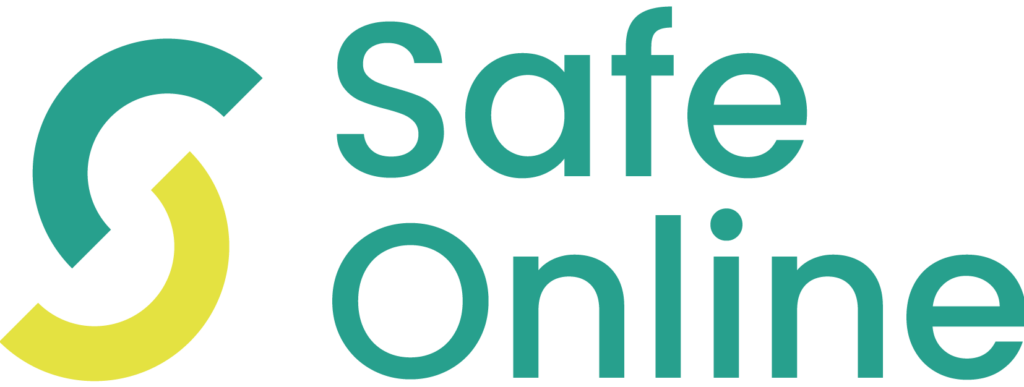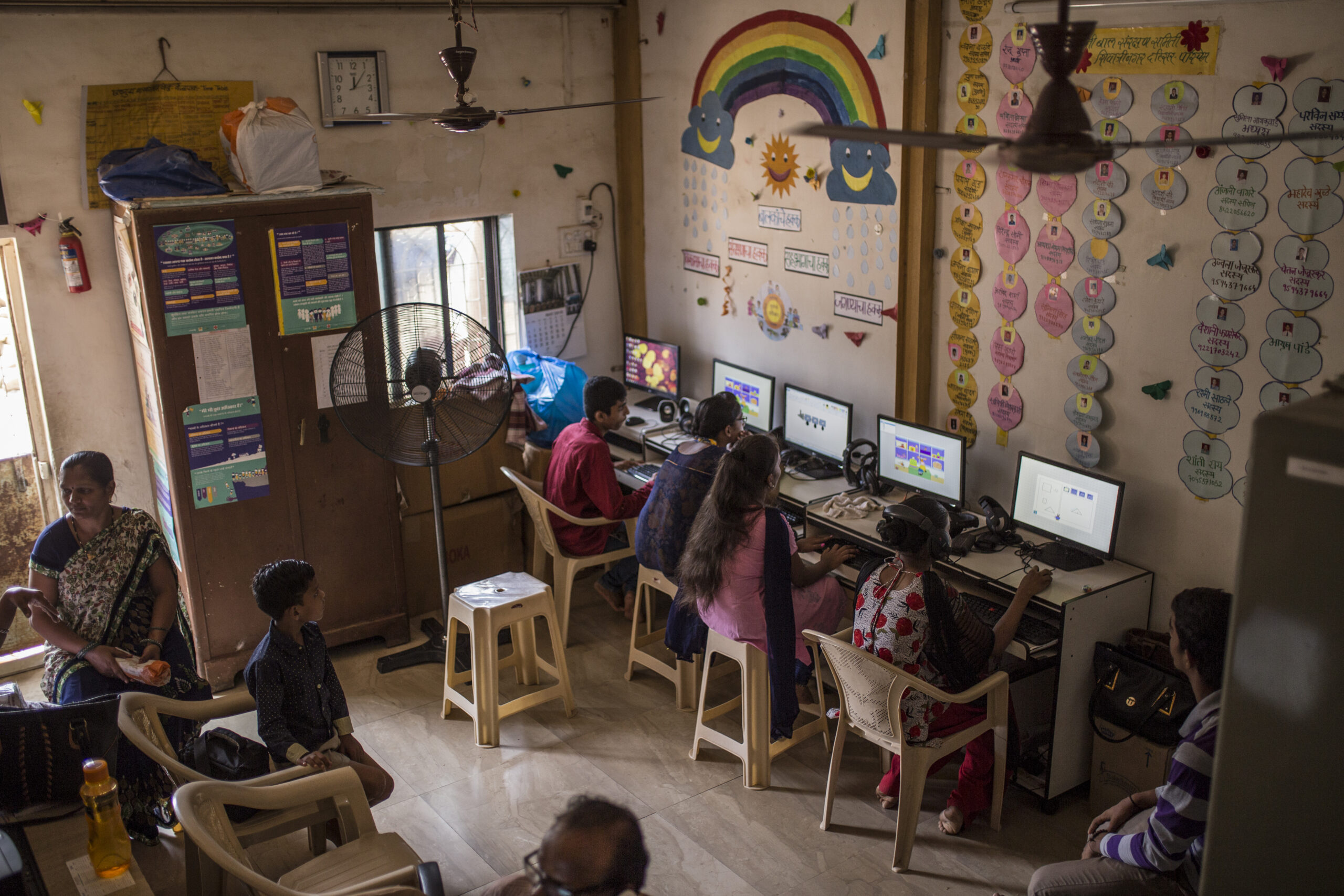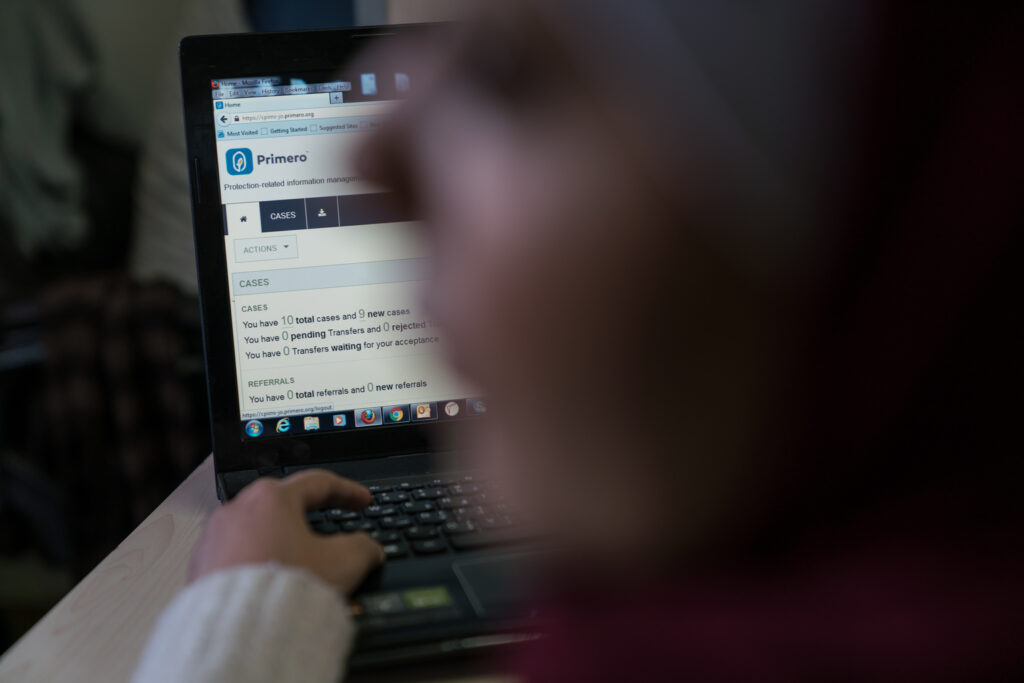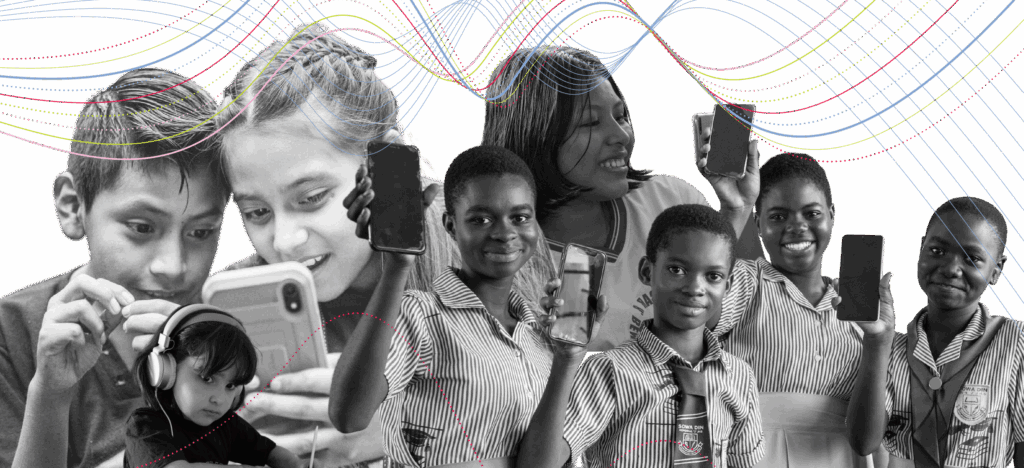
Tech Industry and Researchers come together to tackle online child sexual exploitation and abuse
More than 45 participants, a combination of researchers supported by the Tech Coalition Safe Online Research Fund and tech professionals, came together in San Francisco to discuss emerging findings from research and actions that the tech industry can take to protect children online.
